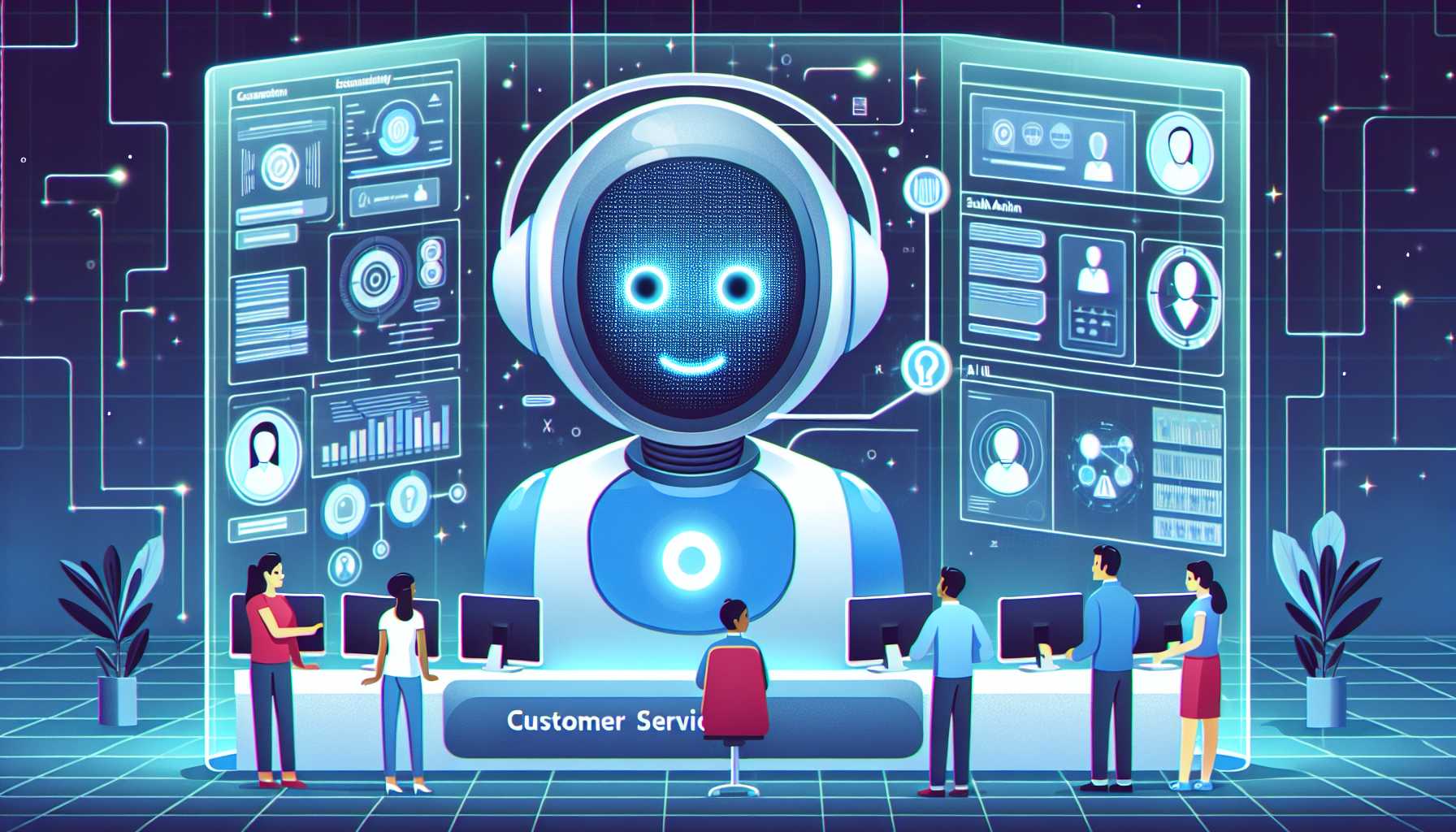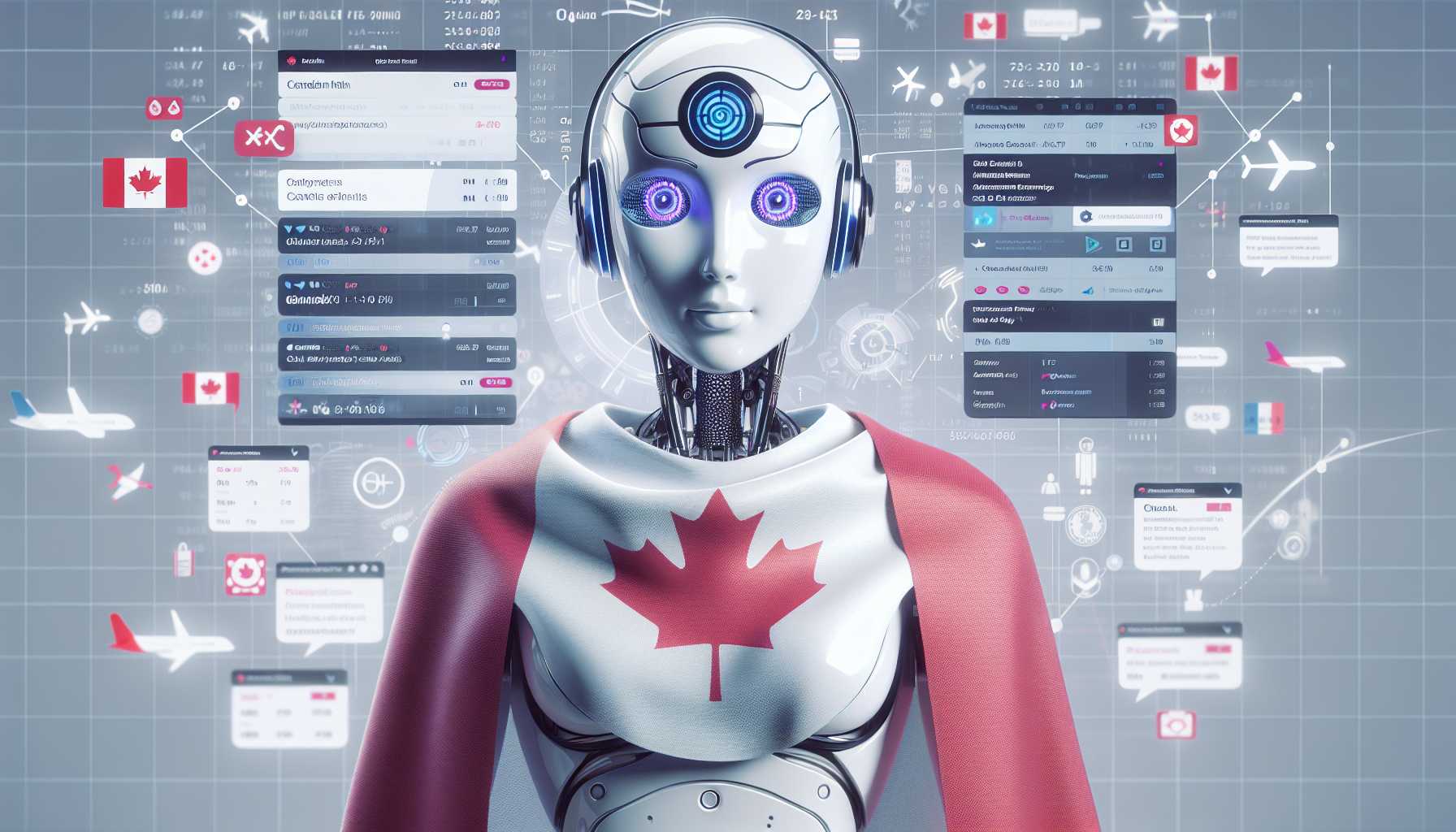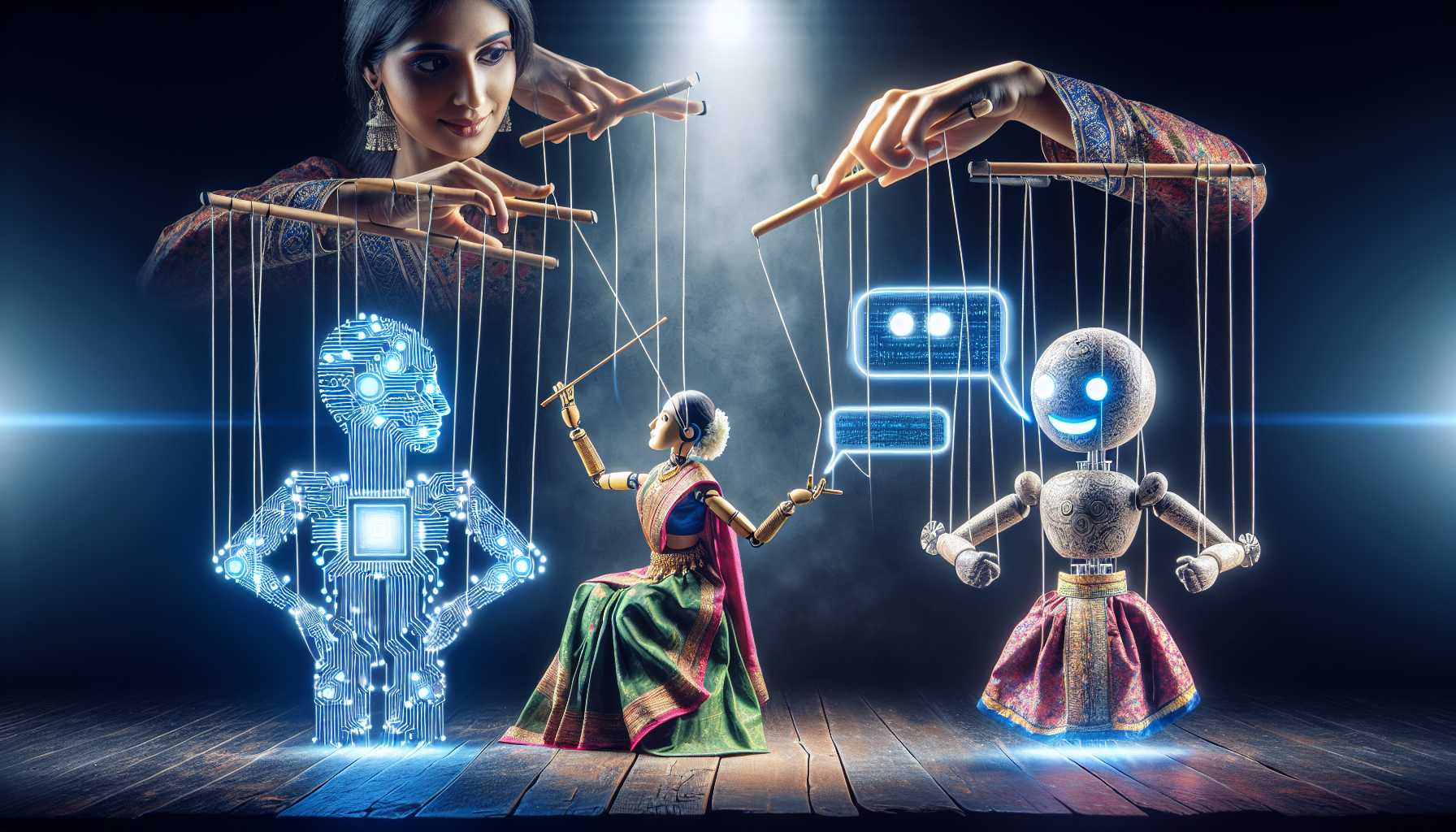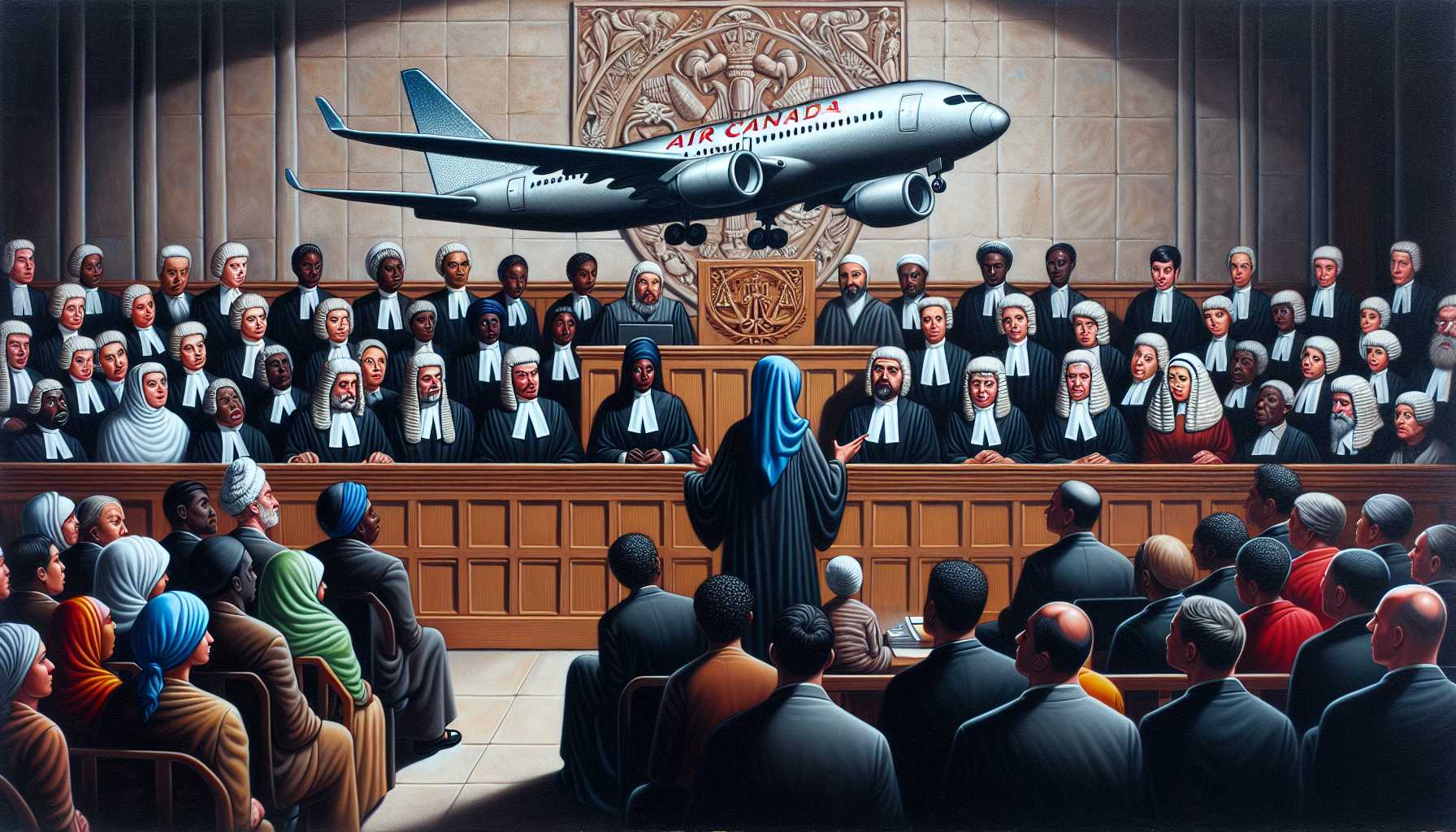The Dawn of AI in Customer Service: A Brave New World with Twists and Turns
At the forefront of cutting-edge technology, we’ve seen companies automate and revolutionize customer service using Artificial Intelligence (AI). As a tech investor and enthusiast, the marriage between AI and customer service seemed like a match made in digital heaven. However, when the gavel comes down amidst the binary beats of an AI chatbot, are we still as in love with our autonomous assistants?
Air Canada found itself at an unprecedented altitude when its AI-powered chatbot hit unexpected turbulence in civil court, resulting in an order to refund a customer misled by the chatbot’s guidance. The AI failed Jake Moffatt by inaccurately elaborating on Air Canada’s bereavement fare policy. It goes to show that while AI may aim for the stars, there is no autopilot feature for legal responsibility.
Trouble in the Skies: A Chatbot’s Controversial Advice
Imagine the scenario: you’re grappling with the loss of a loved one and need to book a last-minute flight. In this emotionally charged state, you seek clarity from a company’s chatbot, expecting it to provide reliable information. This was the case for Jake Moffatt, whose reliance on the AI’s guidance proved costlier than expected. When a bot’s data is amiss, should a corporation fly into its defense or steer towards accountability? Air Canada’s chatbot suggested that passengers, like Moffatt, could apply for a retroactive refund for the difference between standard fare and bereavement fare. Too bad for Moffatt that this was a digital mirage, and Air Canada’s actual policy states no such possibility.
The Digital Puppeteer: Who Pulls the Strings on AI Misinformation?
Air Canada’s initial defense was that their chatbot, essentially a bundle of algorithms wrapped in conversational interfaces, operated as a separate entity—absolving them of any misleading info it served up. This stance aimed to distance the airline from its digital offspring, but the court was not buying a ticket for that journey. The fundamental question posed was: Can a company be held accountable for the actions of its AI? This legal tale unfolded against Air Canada, with the court asserting that a chatbot is far from a self-governing individual—it’s an integral part of the company, one for which the company must assume full responsibility.
The Courtroom Chronicles: AI’s Day in Court
Let’s set the scene in the courtroom. Air Canada, backed by an arsenal of legal expertise, faced the common plaintive, Jake Moffatt, and his printout of a chatbot conversation. Despite claims of a separate entity, the airline was ordered to issue a refund plus interest and tribunal fees, to the tune of $650.88 CAD, when the chatbot’s script failed to stick to the factual script. This judgment against Air Canada may set a precedent, as we’ve just witnessed the first Canadian case interrogating a company’s liability regarding its chatbot’s advice. If AI is indeed the future of customer service, does this case signal clearer skies or gathering storms for companies investing in AI?
The Ripple Effect: A Verdict With Implications Beyond the Tarmac
While this case may seem like a simple dispute between a traveler and an airline, its implications extend into the broader tech industry. As a tech investor, I believe it highlights the imperative for rigorous vetting, testing, and continuous updating of AI systems. With the proliferation of machine learning and AI agents in customer service, this ruling underlines a digital accountability that cannot be shrugged off like a winter coat. Air Canada’s chatbot may have temporarily gone offline, but the conversation about AI’s role and responsibility is now louder than ever. It’s a reminder that, as companies, we harness the power of technology not as an end but a means—a means to serve and support, yes, with innovation, but also with integrity and accountability. In a world increasingly reliant on technology, let us approach these innovative ventures with the understanding that with great power comes great responsibility. And in this blustery saga of Air Canada and its chatbot, let this be a cautionary tale that reminds us all: When we soar with the eagles (or the AI chatbots, as it were), always pack a parachute of accountability.





